Anybody who wants to maintain a strong and untroubled stance against mass migration to Europe should probably avoid BBC2’s Exodus: Our Journey Continues. In theory, the case for limiting the numbers may be more or less unanswerable — but this is a joltingly uncomfortable reminder of what it can mean in practice. Any viewers suspicious of the BBC’s pinko tendencies will presumably have noticed that all the refugees we’ve met so far are completely lovely. Yet, faced with Thursday’s episode, even they might have found it tricky to preserve a steely primacy of head over heart. Or not to notice that these are people very much like us — only a lot unluckier in where and when they were born.
As in last year’s Bafta-winning Exodus: Our Journey to Europe, most of the filming is done by the refugees themselves, with news clips and captions filling in the political background. This time, though, we join them after they’ve reached Europe: a continent that in advance took on an almost mythical significance as the solution to all their troubles.
Dame, for example, talked of how he’d been arrested and tortured in Ethiopia for carrying leaflets objecting to the mistreatment of the Oromo people. Now, he’d come to Calais, because ‘I was told it was a nice and peaceful place to live’ — a notion of which he was soon disabused by life in the Jungle camp and a spot of tear-gassing by the French police. As a result, we watched him scale the camp’s fearsome razor-wire fence, while delivering an aphorism that could stand as the series’ motto: ‘When it’s a human versus a fence, the human wins.’
From there Dame got to Britain — in a way that remained rather disappointingly unspecified — and made an appeal for asylum that was rejected but apparently strong enough for him not to be deported. Forbidden either to work or to claim benefits, Dame is currently living on the impressive charity of a British family (although, again, how he met them was left frustratingly unclear), who are putting him up in their house, where we saw him help with the washing up, play good-naturedly with their son and confess to the camera that he often cries in his room at night. All of which means that he’s one of the fortunate ones. The newly married Ali and Shirin had understandably left Afghanistan after Ali was threatened with beheading for working with foreigners. But they arrived in Greece just after Macedonia, Hungary and Croatia had blocked the way north by sealing their borders with some thoroughness.
The couple did their heartbreaking best to look on the bright side. ‘We think of this journey as our honeymoon and we’re really enjoying ourselves,’ Ali told us unconvincingly. But before long his ready chuckle felt increasingly pitched somewhere between rueful and mildly hysterical, especially once some ‘terrifying’ smugglers had got them as far as a camp in Serbia. ‘Shirin’s been having bad dreams,’ he chortlingly explained at one stage. ‘She screams and wakes people from their sleep.’ Meanwhile, in a spectacularly desolate railway yard near Belgrade, Ali’s compatriot Azizula was battling with temperatures of 15°C. He was also remembering the far-off days when ‘we’d talk about how peaceful and wonderful it would be in Europe’.
Exodus: Our Journey Continues was filmed in 28 countries over three years — which in normal circumstances would make it the most ambitious new documentary series of the week. Not, however, this week — because, as you may have noticed, Blue Planet II (BBC1) started on Sunday night. Now and again, fearing the march of middle-aged grumpiness, I think of things that have got infinitely better over the past 20 years or so: from child actors to the ease of finding out the Test score while on holiday. Particularly high on the list, of course, are wildlife documentaries — even though they were already pretty astonishing when the first Blue Planet went out in 2001.
‘Then something truly extraordinary happens,’ said David Attenborough before the scene where hundreds of bottle-nose dolphins and false killer whales greeted each other like the old friends they apparently were. But the same phrase, needless to say, could justifiably have been used at virtually any point in the programme: when those giant trevallies leapt from the water to catch birds on the wing, say; or those orcas herded millions of herrings into tighter and tighter shoals, before flipping their tails with such force that the shock waves stunned their soon-to-be prey; or that sheepshead wrasse transitioned from a small female into a huge bulbous-headed male.
And this, sadly, is the main problem with reviewing Blue Planet II. Watching it is such an endless, awe-inspiring thrill that whatever you might say about it will only ever really translate as ‘Blimey! Did you see that?’
Got something to add? Join the discussion and comment below.
Get 10 issues for just $10
Subscribe to The Spectator Australia today for the next 10 magazine issues, plus full online access, for just $10.
You might disagree with half of it, but you’ll enjoy reading all of it. Try your first month for free, then just $2 a week for the remainder of your first year.

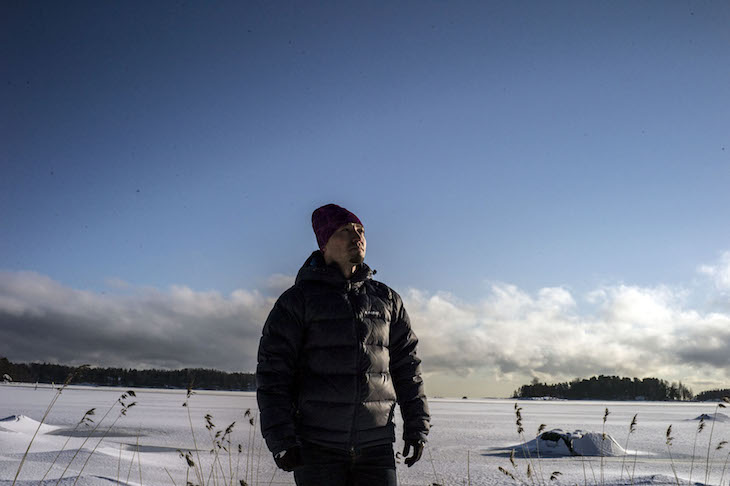
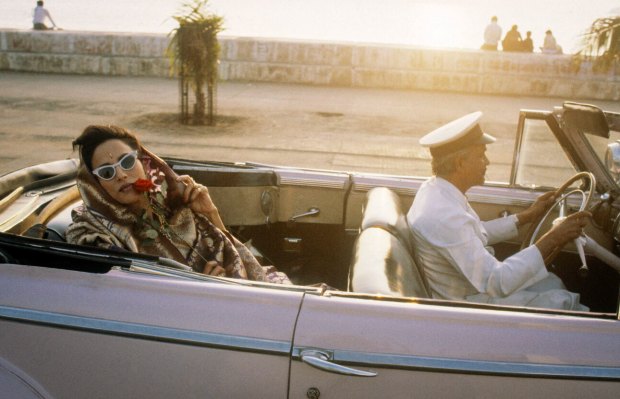


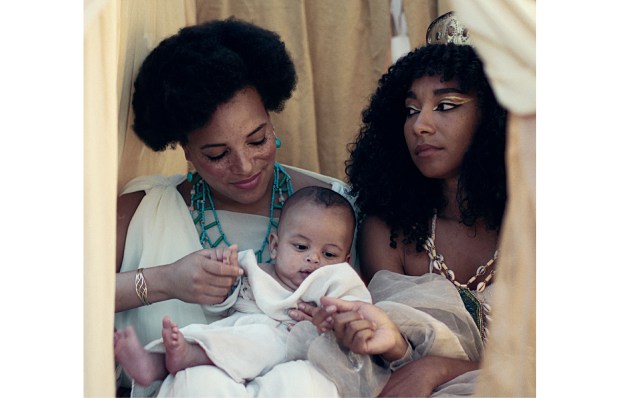
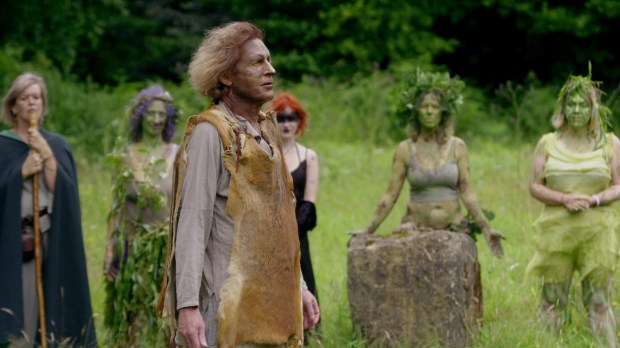
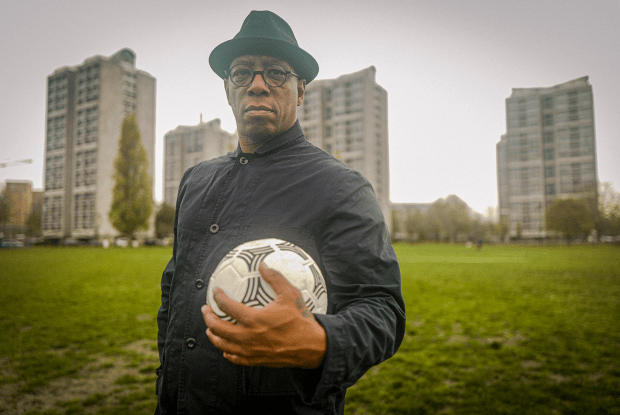






Comments
Don't miss out
Join the conversation with other Spectator Australia readers. Subscribe to leave a comment.
SUBSCRIBEAlready a subscriber? Log in